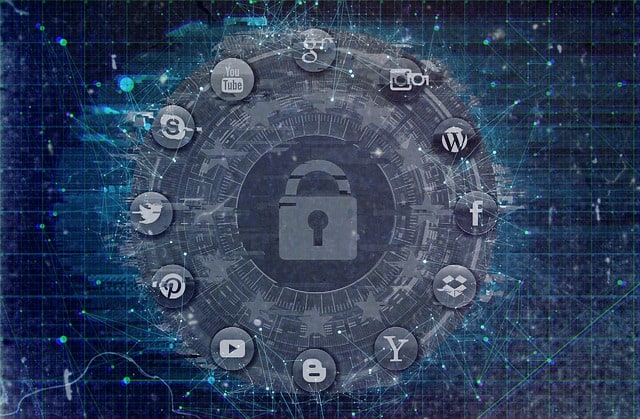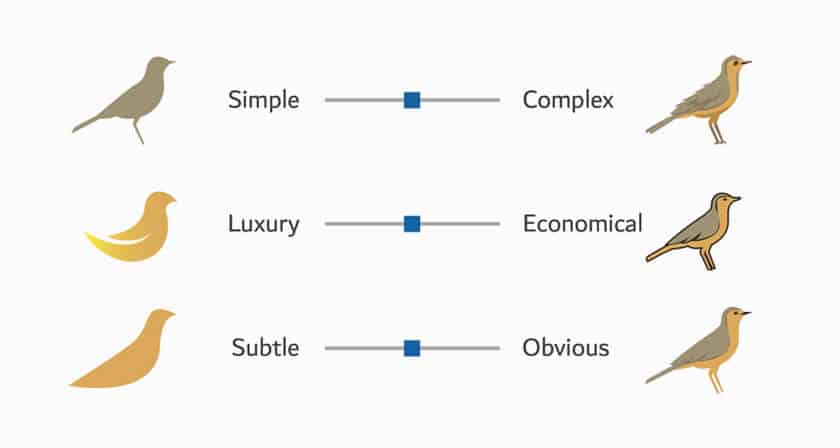Social media is ever-present in modern society. Whether someone is scrolling through a political post on Facebook or looking at what’s Kim Kardashian doing these days, everyone has a strong digital media footprint.
With so many people online every day and posting their photos, it’s sometimes hard to think about how safe it is to share the pictures of your kids, home, give an address, or to share your email and allow someone to target you for cyberattacks. Social media users’ concerns about the privacy of their data spiked in recent years. Due to a large number of incidents of data breaches, users had to rethink how to secure their data additionally.
In this article, we will share what users need to watch for so their accounts will remain safe. The best thing you can do is educate yourself on the topic of online security and know what are the possible challenges you might face on that path. Also, your family members need to learn more about staying safe online and the issues they might encounter when browsing social media.
Secure Your Valuable Data
Social media users are mainly worried that billions of people can access their profiles, photos, and other information. Their data is vulnerable because if this falls into the wrong hands, the consequences can be catastrophic.
According to research, more than 15% of Americans had their social media account taken over by someone unauthorized. Those hacks resulted in stolen information, malware, financial fraud, and identity theft. Social media platforms store staggering amounts of data, have limited government oversight, and serve as active targets for people seeking ways to use that data.
Cambridge Analytica scandal on Facebook shows just how fragile the whole system is and how important it is for users to learn how to behave online and share only what’s necessary.
Social Media Privacy Issues
We have mentioned that various types of attacks threaten privacy today and possibly in the years to come. Attackers are applying multiple tactics to troll people and mine data to find their preferred audience, and their influence will be stronger. By knowing and understanding how these attacks function, you can protect your devices and accounts to ensure the ultimate safety of your data.
Be Aware of Phishing Attempts
Hackers are getting more and more skilled at spoofing real websites and social media platforms. If you ever receive a long warning that your account might have been hacked or that someone else is using it – make sure the message is legitimate and never click through the links you receive.
Try to get to the source, whether it’s your profile or another website, and try and resolve the problem there. Always think twice before clicking on a suspicious link or a game that might have been offered to you.
Don’t Overshare on Social Media
One thing is to share photos from holidays, a selfie from a restaurant, or a walk in the park, but what’s problematic is when people start talking about their home when they share their address, phone number, children’s names, and other sensitive information. The best practice to protect your accounts is to avoid using birthdays, phone numbers, children’s birthdays, and any other valuable information that hackers can find out through your social media.
Recognize Data Mining On Time
Everyone leaves a data trail behind, and every time someone creates a new user account, they’re giving out valuable information.
Companies that collect data on user behaviors can be more precise when targeting ads and share it with third-party entities without any knowledge of consent given by users.
Keep an Eye on Malware Sharing
Malware is made to gain access to various computers and get all data they contain. Once it’s in the user’s computer, it can take sensitive images, steal files containing sensitive information or block everything in exchange for money.
Social media platforms are one of the best delivery systems for malware distributors. Compromised accounts later become open, and cybercriminals use them to distribute malware to all of their contacts. The hackers are good at what they do, so whenever you see direct messages from your friends asking for an immediate reaction like sending money or sharing your bank account information- make sure not to answer or share anything.
Botnet Attacks
Social media bots are known as automated accounts that start sending and creating posts whenever someone mentions a certain term or hashtag. Big groups of bots come from a network known as a botnet.
They are becoming more and more prevalent on social media and used to steal data, spam people, or launch DDoS attacks to support cyber criminals in their efforts to gain access to people’s devices. If you ever saw a suspicious link in your email – you’re likely to be a victim or an accomplice of a botnet, according to softwarelab.org. Even if you are not helping them willingly, they might be using your contacts lists to share the malware across the system.
Keep Everyone Safe and Protected
It would be wrong to think that only users are weak security links. With Facebook, Linkedin, and Twitter having data breaches in the past years, their user’s passwords and information were available to other parties. The security of your computer, connection, and ultimately your home was never more important than today. As nobody knows when the next to attract will happen or where everyone needs to have basic know-how on how the attacks work and to consult with an expert that will suggest the right solution for your needs.
The importance of comprehensively addressing the issue of safety on social media and the internet should not be underestimated. According to the latest Global Information Survey, 59% o organizations had a significant incident regarding the online safety of their data and workers in the past two years. Everyone with a social media account needs to protect their accounts and decide how to decrease their digital footprint so they would become harder to find.
About the Author
Jared Flynch is a business and social media coach. He has been in the industry for over a decade, helping people understand digital technology and apply them to their business through social media and guest posting.
This content was originally published here.


